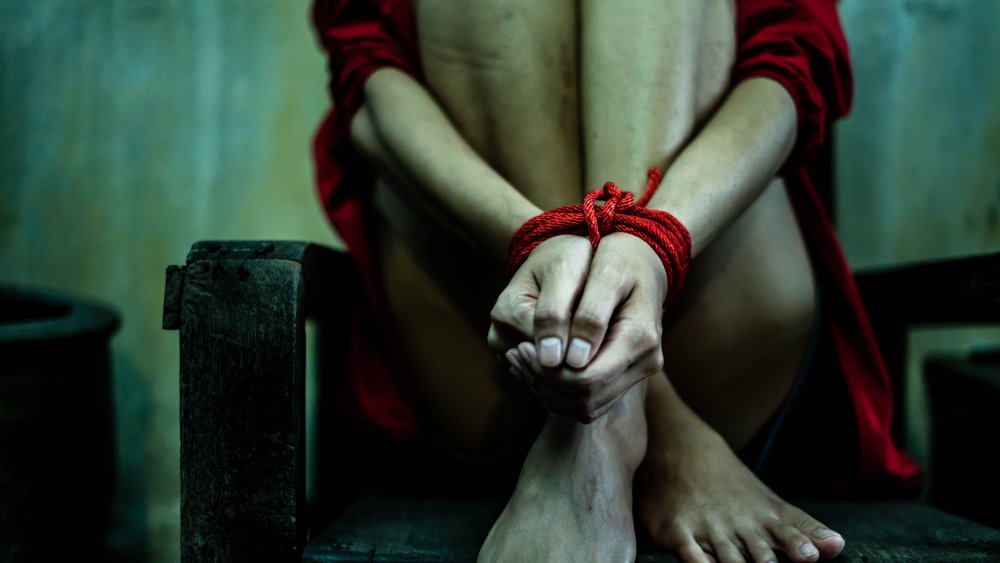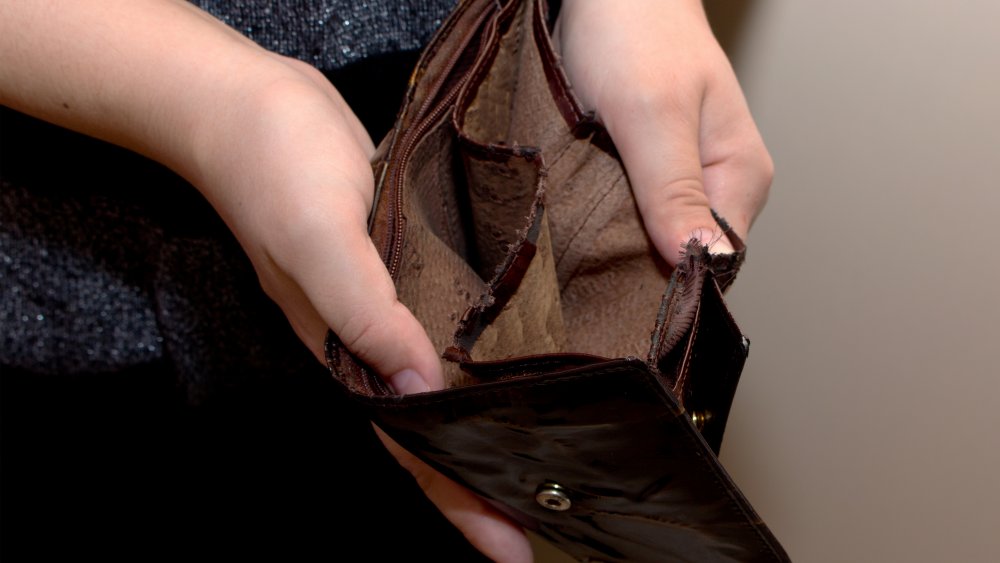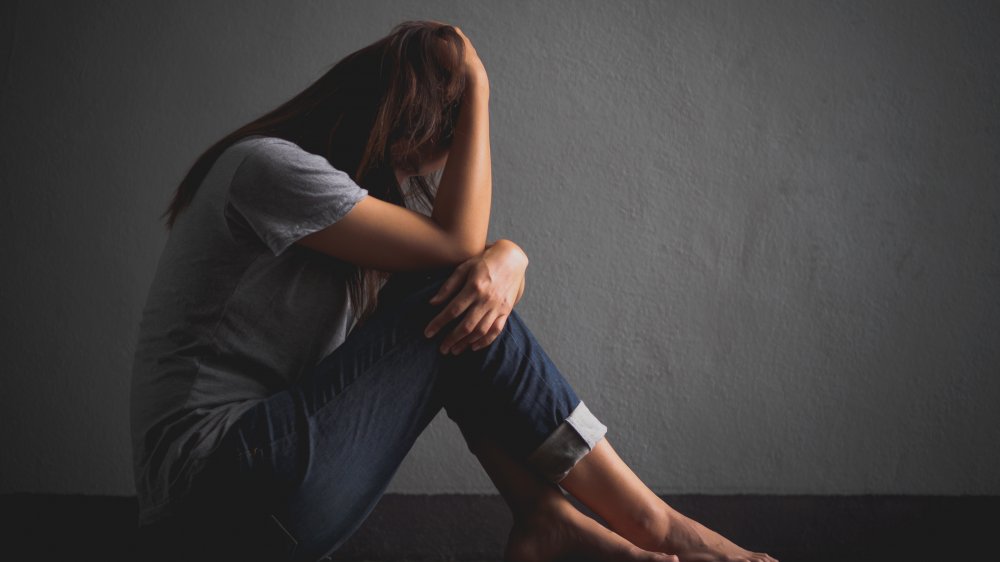The Reason Leaving An Abusive Relationship Is So Hard
If you've been so fortunate as never to have experienced abuse from a partner, you probably have a hard time understanding how any person could possibly stay with anyone who treats them so badly. The truth of the matter is, while all relationships may be complicated, abusive ones take this complexity to a whole new level.
In some cases, the reason people stay in these relationships might be the triumph of hope over experience — after each upheaval, the abusive partner may vow to change, and even go to great lengths to make up for their bad behavior. It's also quite common, according to The Conversation, for the abused partner to figure it must be their own fault, and if they can just work on their own issues, things will get better.
Even once it becomes obvious that nobody's going to change, and that things aren't getting better, there can still be a number of factors that keep the victim trapped in the never-ending nightmare that is an abusive relationship.
Feeling that the abuse is deserved
Love is Respect says that low self-esteem will often lead someone to stay in an abusive relationship. Abusers frequently choose to isolate their partners, and as a result, the only feedback the victim may get is from a person whose only agenda is to cause them pain.
In time, the abused partner may come to believe the brainwashing and will feel that the abuse isn't really abuse, but instead is their just desserts for being such a horrible person. They cannot even begin to imagine escaping, since any such "disloyal" thoughts are immediately drowned in a sea of guilt.
Dependence on the abuser
Inability to leave an abusive relationship may be based on some very practical, yet harsh, realities. Perhaps the abuser is the sole breadwinner in the family, or has taken control of the finances to the point where the victim cannot even access their own earnings.
The victim may not have access to transportation, or may feel that they have nowhere to go once they do walk out — this latter feeling may be particularly heightened in a case where the abuser has systematically cut off the victim's contact with friends and family.
Fear of the abuser
When it comes to leaving an abusive relationship, fear is one of the biggest obstacles. Fear comes in many forms — OneLove speaks of fearing what others will think of the "abandoning" partner, which would be heightened in a case where the abuser presents an entirely different face outside the home so that others see him or her as "the good guy" and would never believe the claims of abuse. The Conversation reiterates the victim's fear of not being believed, should they dare to speak out, as well as fear of ruining the abusive partner's career (which may be more of a factor in a case where the victim is financially dependent on the partner's earnings).
Perhaps the greatest fear of all, and one that's entirely justified, is the fear that the abuser will retaliate against any "insubordination." The harsh truth is that victims who manage to leave a relationship run a significant risk of being killed by their former partners (via the University of Michigan) — but then, they're also in constant risk of harm should they stay.
There really is no easy answer to the problem of domestic abuse, but one thing we can all do is to refrain from judging or dismissing the victims and their suffering. Listen to them, believe them, and offer all the understanding and support you can in the hopes that it will help them eventually feel strong enough to make the tough decision to leave.



